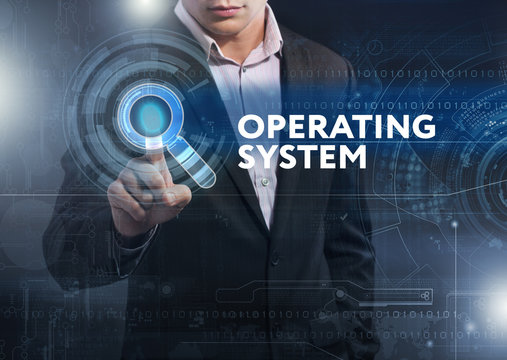The operating system (OS) is the most important software on a computer. It is responsible for managing all of the computer’s resources, including the CPU, memory, and storage. It also provides a platform for running other software applications.

Here are some of the reasons why the operating system is important:
Manages hardware resources: The operating system manages the computer’s hardware resources, such as the CPU, memory, and storage. It ensures that these resources are used efficiently and fairly by all of the running programs.
Provides a platform for running applications: The operating system provides a platform for running other software applications. It provides a set of basic services that these applications need to run, such as file management, memory management, and device drivers.
Provides a user interface: The operating system provides a user interface that allows users to interact with the computer. This interface can be graphical or text-based.
Manages security: The operating system manages security on the computer. It protects the computer from unauthorized access and malicious software.
Provides other services: The operating system also provides other services, such as printing, networking, and power management.
Without an operating system, a computer would be useless. It would not be able to run any programs or interact with the user. The operating system is essential for the functioning of any computer system.
Here are some specific examples of how the operating system is used to manage hardware resources:
The operating system allocates memory to each running program. This ensures that no program uses more memory than it needs, which can cause the computer to slow down or crash.
The operating system schedules the CPU time for each running program. This ensures that each program gets a fair share of the CPU, which prevents any one program from hogging the resources.
The operating system manages the storage devices, such as hard drives and SSDs. This ensures that data is stored in a safe and efficient manner.

The operating system also provides a number of other services, such as:
File management: The operating system allows users to create, delete, and modify files. It also provides a way to organize files into folders.
Memory management: The operating system manages the computer’s memory, ensuring that it is used efficiently.
Device drivers: The operating system provides drivers for the computer’s hardware devices, such as printers and scanners.
Security: The operating system protects the computer from unauthorized access and malicious software.
Networking: The operating system allows the computer to connect to networks, such as the internet.
Power management: The operating system manages the computer’s power consumption, ensuring that it is used efficiently.
The operating system is a complex piece of software that performs many essential tasks. It is the foundation of any computer system and is essential for its functioning.
